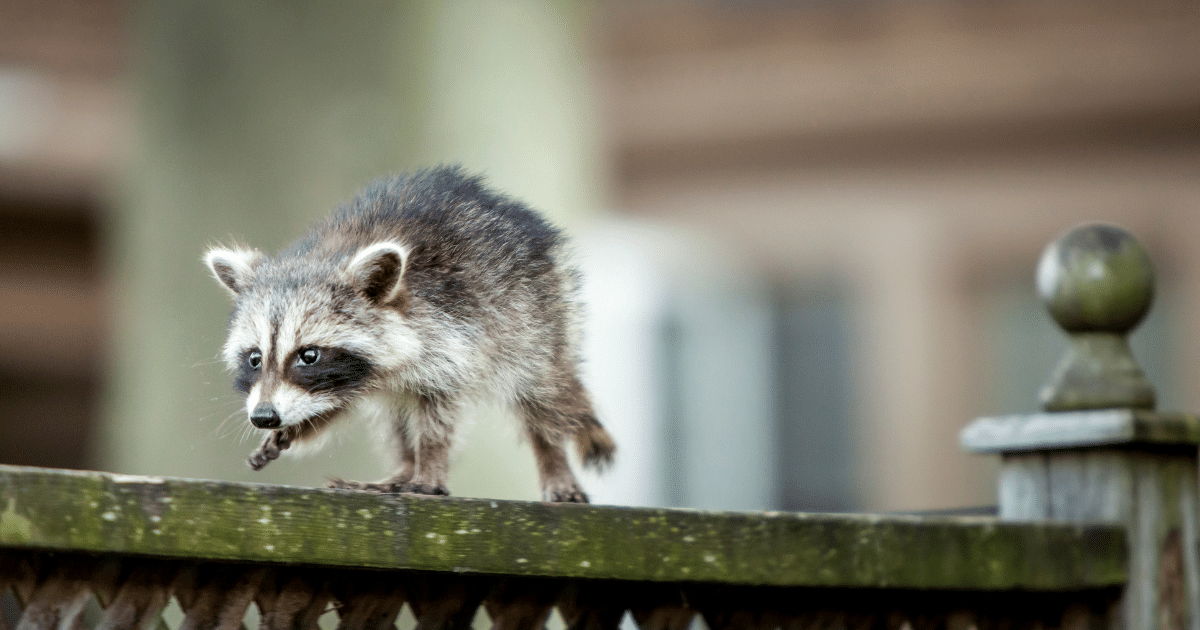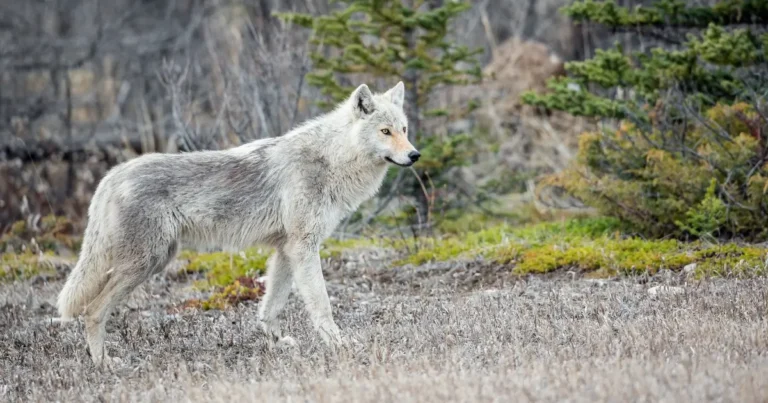
Photo by seb29 / Getty Images
Young animals are on the move in communities across Canada, seeking new den sites and food sources as summer fades into fall. This can mean that wildlife may end up trying to find a home in or around your home.
Fortunately, limiting the opportunities of local animals getting into your home is straightforward – and there’s always professional help available if needed. Here’s a few tips to get you started:
- Attractant checkup. Identifying and removing attractants is an essential step to prevent or end negative encounters with wildlife. Unsecure garbage (including unwashed recycling items), bird seed, fallen fruit (native or ornamental), outdoor pet food, or barbecue grease traps all attract animals. Take a look around your property for items that could draw in wildlife, from mice up to coyotes, bears or other large animals.
- Eaves, soffits, and roofs. Take a walk around your property, looking for any loose or gaping areas on the roofline and near chimney or exhausts. Squirrels and raccoons can easily pull back or make larger existing holes and find a warm den site for winter. Work with a professional to secure these access points and make repairs before they worsen or become access points.
- Exhausts, windows, and cable entries. Mice can fit through holes no bigger than a dime, so the lower level is a great place to spend some extra time! While closing holes for access points is important, be sure not to close off or accidentally block/affect exhausts and other items that require full air access. Consult a professional to make sure that you stay safe!
- Find a reliable, humane professional! Finding a humane professional can start with a Google search, asking your local wildlife rehabilitator or animal shelter, or looking for an Animal Kind certified operator. It’s always important to follow up on referrals, and don’t be afraid to get multiple quotes before booking!
These four tips can help keep wildlife wild and your home secure as the colder months of winter approach. Do you have recommendations or suggestions for what’s worked to keep wildlife out of your home humanely? Let us know on our Facebook, Instagram, Twitter, or YouTube pages, or by emailing info@TheFurBearers.com.
